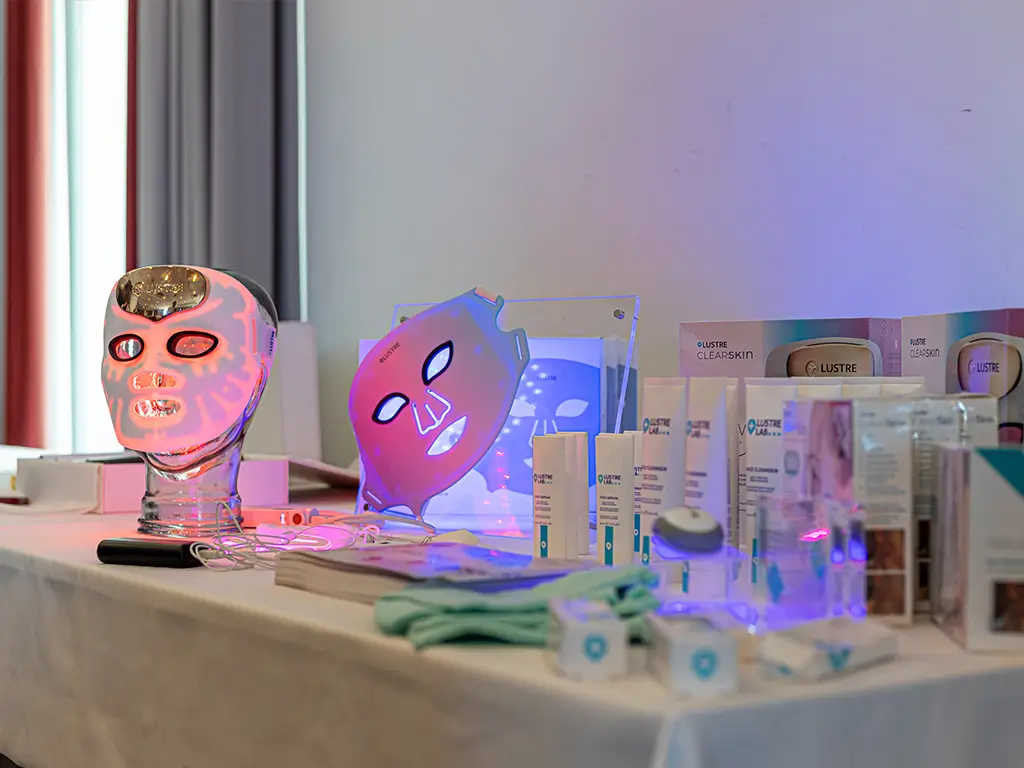In today’s dynamic beauty and wellness industries, consumers are savvier than ever. They’re moving beyond aspirational marketing, demanding tangible results backed by rigorous science. This shift is particularly evident in the burgeoning market for ingestible beauty and topical products leveraging internal health insights.
At INNOCOS, we’re spotlighting the brands that are successfully bridging this gap, delivering formulations with robust, verifiable claims.
Why Science-Backed Claims Are Crucial in Today’s Beauty Market
The era of vague promises is over. For modern beauty brands, scientific substantiation isn’t just a marketing advantage; it’s a fundamental requirement for building trust and ensuring long-term success.
Regulatory Standards & Consumer Trust:
- Regulatory bodies globally (e.g., FDA in the US, EU Cosmetics Regulation in Europe) increasingly scrutinize beauty claims to prevent misleading advertising.
- Claims must be truthful, non-deceptive, and supported by objective, verifiable evidence.
- Consumers, particularly the younger generations, prioritize transparency and efficacy, leading them to seek out products with clinical proof.
- Brands that invest in robust scientific testing cultivate a stronger reputation for credibility and reliability.
Avoiding “Clean Label” Greenwashing:
- The “clean beauty” movement, while positive, has sometimes led to ambiguous “free-from” claims that lack scientific basis or can even demonize safe ingredients.
- Science-backed claims provide a counter-narrative to greenwashing, offering clear, data-driven reasons for a product’s benefits, rather than relying on fear-mongering or unsubstantiated “natural” appeals.
- This helps differentiate genuinely effective products from those merely riding a trend.
Key Nutrients That Translate from Oral to Topical Efficacy
Understanding the skin-gut axis and systemic health drives innovation, showing how nutrients benefit skin whether ingested or applied topically.
Read more: Top Wellness and Longevity Trends
Collagen, Biotin & Beyond:
- Collagen: Extensively researched for its role in skin elasticity and hydration when ingested, new science explores its topical benefits, often in hydrolyzed forms or as peptides.
- Biotin (Vitamin B7): Known for supporting hair and nail health when taken orally, its topical applications are being investigated for scalp health and skin barrier support.
- Hyaluronic Acid: While popular in topical serums for hydration, oral hyaluronic acid supplements also promise to improve skin moisture and reduce the look of wrinkles.
- Vitamins (C, E, A): Potent antioxidants and essential for collagen synthesis (vitamin C), UV protection (vitamin E), and cell turnover (vitamin A/retinoids), effective both orally and topically.
- Omega-3 Fatty Acids: Oral intake reduces inflammation and supports skin barrier function; topical forms are being developed for similar benefits in conditions like eczema and acne.
- Probiotics/Prebiotics: The “gut-skin axis” highlights their internal benefits, while topical applications aim to balance the skin’s microbiome.

Delivery Mechanisms: From Capsules to Creams:
- Oral Supplements: Offer systemic benefits, influencing skin health from within by providing essential nutrients that support cellular function, reduce signs of inflammation, and promote overall well-being.
- Topical Formulations: Deliver targeted action directly to the skin’s surface or deeper layers, addressing specific concerns like hydration, texture, and protection.
- Synergistic Approaches: The most advanced brands are exploring combinations of oral supplements and topical products, recognizing that optimal skin health often requires a holistic approach, where internal and external care work in tandem for enhanced results.
Read more: Key Discoveries in Beauty, Wellness, and Longevity
Evidence-Based Beauty: Key Questions
What counts as a science-backed beauty claim?
A science-backed beauty claim is supported by objective, verifiable data from clinical trials, instrumental testing (e.g., corneometry for hydration, profilometry for wrinkles), in vitro studies, and expert dermatological assessments, rather than subjective consumer testimonials alone.
Why do consumers care about clinical proof?
Consumers care about clinical proof because it builds trust, validates product efficacy, ensures safety, and helps them make informed purchasing decisions in a market saturated with often unsubstantiated claims. They want to know a product actually works as advertised.
How do regulations govern beauty claims?
Regulations (e.g., EU Cosmetics Regulation, FDA guidelines) mandate that beauty claims must be truthful, non-misleading, and substantiated by adequate evidence. Claims implying a therapeutic or structural change to the body may classify a product as a drug, subjecting it to stricter oversight.
Which supplements improve skin health?
Common supplements that have shown benefits for skin health include collagen, biotin, omega-3 fatty acids, vitamins C and E, hyaluronic acid, and certain probiotic strains.
How do oral nutrients compare to topical application?
Oral nutrients provide systemic benefits, working from within to support overall skin health. Topical applications deliver targeted benefits directly to the skin’s surface. Often, a combination of both can offer comprehensive results for various skin concerns.
What clinical data supports supplement claims?
Clinical data for supplement claims typically comes from randomized, placebo-controlled human trials assessing improvements in specific skin parameters like elasticity, hydration, wrinkle depth, or reduction in skin conditions, often using instrumental measurements alongside subjective assessments.




